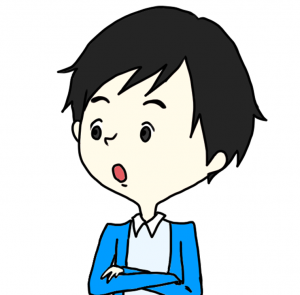


chillって何?
疲れた様子のリキに、エルダーはLet’s go to the park and chill. と言いました。
文の前半のLet’s go to the parkは「公園に行こう」ですが、最後のchillは一体どんな意味なのでしょうか。
動詞のchillの本来の意味には「冷える、寒気を覚える」などがありますが、
今回エルダーのセリフで使われているchillは「ゆっくりする、くつろぐ、リラックスする」という意味のスラングです。
カジュアルな口語表現として非常によく使われます。つまり、エルダーはLet’s go to the park and chill.
「公園に行ってゆっくりしよう」とリキを誘ったのです。
AB会話で使い方をチェックしましょう。
A: What do you want to do this weekend?
(今週末は何がしたい?)
B: Let’s go to John’s house and chill.
(ジョンの家に行ってゆっくりしよう。)
また、chillを使ったイディオムにchill outがあります。
先ほどの文章をLet’s go to the park and chill out.とすれば、同じように「公園に行ってゆっくりしよう」という意味です。
ほかに「落ち着く、冷静になる」という意味もあり、混乱している相手を落ち着かせたりするときなどに使われます。
A: I have so many things to do, I can’t concentrate!
(やることがたくさんあって、集中できない!)
B: Chill out, Mary. It’ll be okay.
(落ち着きなよ、メアリー。なんとかなるよ。)
POINT
◆形容詞のchill:「ひんやりする、冷たい、肌寒い」
It’s a little chilly today.
今日は少し肌寒いです。
◆名詞のchill:「冷え、寒気、悪寒」
If I don’t take my jacket today, I might catch a chill.
もし今日ジャケットを持っていかないと、寒気がする(風邪を引く)かもしれない。




